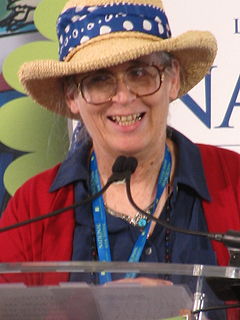A Quote by Clint Smith
The U.S. prison system, over all, disproportionately affects black and brown people, but people of color are overrepresented to a greater degree in private prisons.
Related Quotes
I think the biggest problem in our country is mass incarceration and the prison-industrial complex. From the Rockefeller drug laws to stand your ground to stop and frisk, all these are pointing people, especially and disproportionately black and brown people, towards the criminal-justice system. It's depleting whole generations of people.
One of the reasons that so many people of color and poor people are in prison is that the deindustrialization of the economy has led to the creation of new economies and the expansion of some old ones – I have already mentioned the drug trade and the market for sexual services. At the same time, though, there are any number of communities that more than welcome prisons as a source of employment. Communities even compete with one another to be the site where new prisons will be constructed because prisons create a significant number of relatively good jobs for their residents
We have seven and a half times as many people in prison. And we have eight times as many black women in prison now as we did in 1981, when I left the White House. So that's been one of the major concerns I've had as a non-lawyer, to criticize the American justice system, which is highly biased against black people and poor people. And it still is.
The U.S. has the largest prison population in the world: two million people. One out of every eight prisoners in the world is an African American. We are warehousing people as a profit to shareholders or for benefits to communities that get to host federal prisons. It is modern slavery. The whole future of America's black community is at risk. One out of every three young black men in Washington, D.C., is under one arm or the other of the criminal justice system. These are the continuing consequences of slavery.
Most eyes have more than one color, but usually they're related. Blue eyes may have two shades of blue, or blue and gray, or blue and green, or even a fleck or two of brown. Most people don't notice that. When I first went to get my state ID card, the form asked for eye color. I tried to write in all the colors in my own eyes, but the space wasnt big enough. They told me to put 'brown'. I put 'brown', but that is not the only color in my eyes. It is just the color that people see because they do not really look atr other people's eyes.
The prison-industrial complex employs millions of people directly and indirectly. Judges, prosecutors, defense attorneys, prison guards, construction companies that build prisons, police, probation officers, court clerks, the list goes on and on. Many predominately white rural communities have come to believe that their local economies depend on prisons for jobs.






































